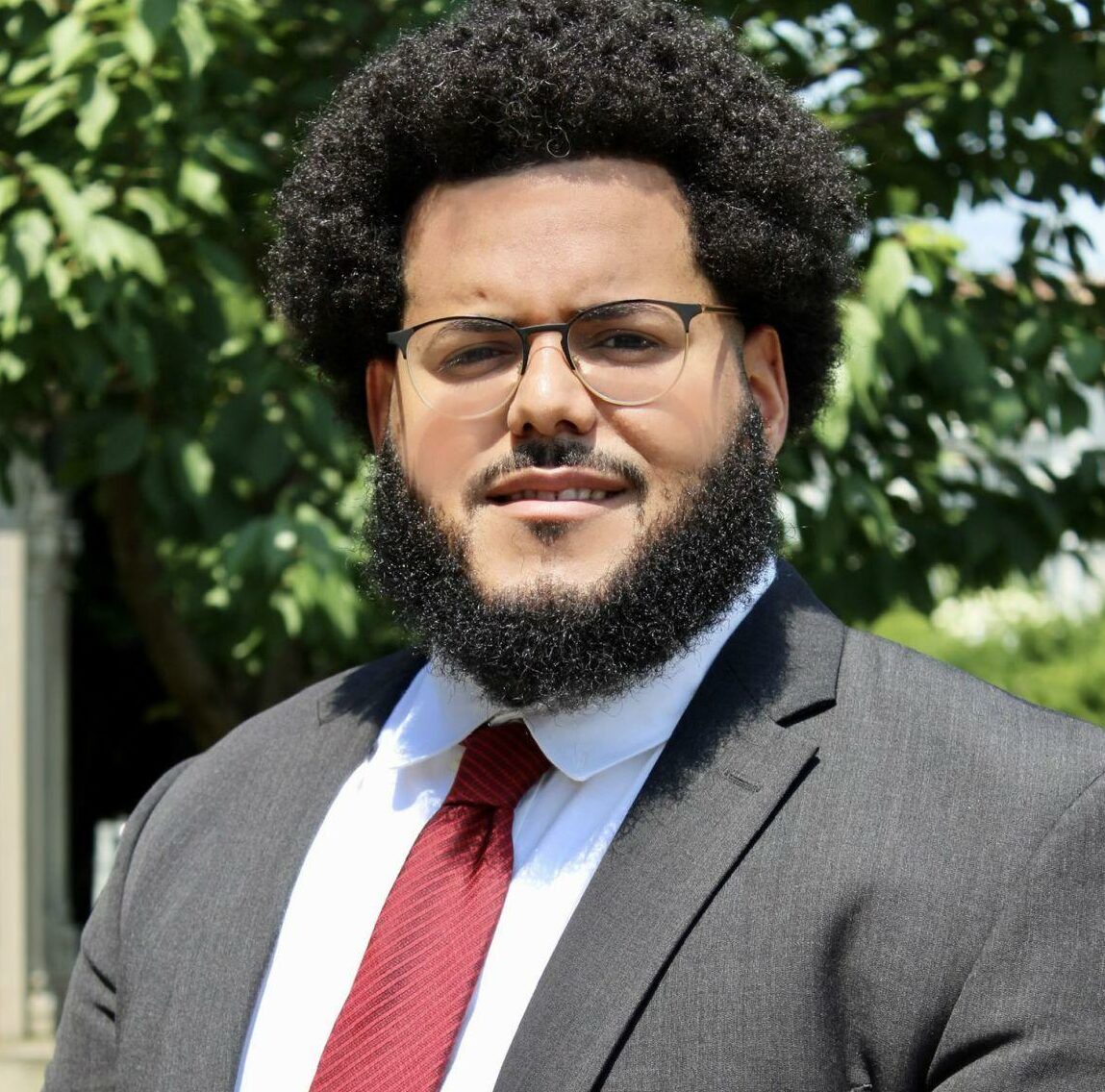DEI Director – And BLM Board Member — Out at Exeter School District

After months of concerns from district parents about his connection to anti-Israel protests, Andres Mejia, the head of SAU 16’s Diversity, Inclusion, Equity and Justice (DEIJ) Department, is resigning.
The news comes just days after an NHJournal report highlighting the six-figure salaries some DEI directors are receiving from public schools in the state.
However, the district says there is nothing to read into Mejia leaving his post this month, well before the end of the school year.
Mejia did not respond to a request for comment. But SAU 16 Superintendent Esther Asbell said he simply needed to start his new job.
“Andres was asked by his new employer to be available as soon as possible,” Asbell said.
His departure was first reported by Granite Grok.
Mejia, reportedly earning a $153,380 salary, has been a controversial figure since first being hired. He serves in the leadership of the Black Lives Matter Seacoast chapter, which has been helping organize anti-Israel protests for months.
Like many similar protests that claim to be pro-Palestinian, the group started agitating against Israel immediately after Hamas terrorists murdered 1,300 Israelis on Oct. 7. Chants of “From the River to the Sea, Palestine Will Be Free,” viewed by the Anti-Defamation League as a call for genocide, feature heavily at those demonstrations.
When at least one parent complained to Asbell about Mejia’s role in BLM during the anti-Israel protests, asking how he could defend students against bigotry when BLM was engaging in antisemitic rhetoric, Asbell defended Mejia.
“Upon review of (district policy) I do not believe our DEI-J director is in violation of the policy by holding a position as Vice Chair of Seacoast BLM,” Asbell wrote earlier this year.
It’s not the first time Mejia’s BLM association raised concern in the school community. Challenged by parents during a public meeting in 2021, Mejia refused to distance himself from the group.
“I am Black, and I can never separate myself from Black Lives Matter,” Mejia said. “My life matters.”
Since then, BLM Seacoast has publicly opposed having police officers in public schools, giving qualified immunity protection for police, and it supports having government monitoring of the personal social media accounts of police officers.
Though he’s not a classroom teacher, Mejia is also one of the lead plaintiffs in the federal lawsuit over the so-called “divisive concepts” law. The pending lawsuit was filed soon after the legislature passed an anti-discrimination law that banned teachers from “teaching that any one group is inherently inferior, superior, racist or oppressive.” The words “divisive concepts” appear nowhere in the actual statute, though the term is often used by progressives opposed to the law.
Ironically, Mejia is one of a handful of other DEI professionals whose role is to dictate what teachers are allowed to teach.
Asbell said SAU 16 is ready to hire another DEIJ director.




